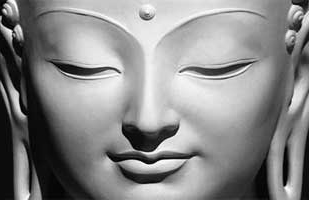
Chapter XXV - BHIKKHU VAGGA - The Bhikkhu or The Mendicant

THE FULLY CONTROLLED PERSON IS CALLED A BHIKKHU
Hattha sannato pada sannato vacaya sannato sannatuttamo
Ajjhattarato samahito eko santusito tam ahu bhikkhum. [362]
He who is controlled in hand, controlled in foot, controlled in speech, and possessing the highest control (of mind), delighted within, composed, solitary and contented, him they call a bhikkhu. [362]
XXV: 02 The monk who killed a goose
Once, there was a bhikkhu who was very skilful in throwing stones. He could even hit any fast-moving object. One day while sitting with another bhikkhu after having their bath in the river, he saw two geese flying over them. He told his friend that he could hit the eye of one of the geese. He took a pebble, aimed and threw it at one of the geese. The pebble struck the bird's eye. The bird cried out in pain and dropped dead at the feet of the young bhikkhu.
Other bhikkhus seeing the incident reported it to the Buddha. He admonished the young bhikkhu, 'My son, why have you killed the bird? Especially as a bhikkhu, you should be practising loving-kindness to all beings and should also be striving ardently for liberation. A bhikkhu must have control over his thoughts, words and deeds.'*
Notes:
* A bhikkhu is expected to observe the four kinds of Higher Morality:
These four kinds of morality are collectively known as Sila Visuddhi (Purity of Virtue).
- Patimokkha Sila - The fundamental moral code.
- Indriyasamvara Sila - Morality pertaining to sense-restraint.
- Ajivaparisuddhi Sila - Morality pertaining to purity of livelihood.
- Paccayasannissita Sila - Morality pertaining to the use of necessaries of life.

Editor for Buddha brothers: Matthew Laird Acred
If you should encounter any bugs broken links, or display errors just email us.
Buddha brothers has been running since Aug 2010 and can continue to run with your kind help!
If you love our website please donate so we can make this site even better !!